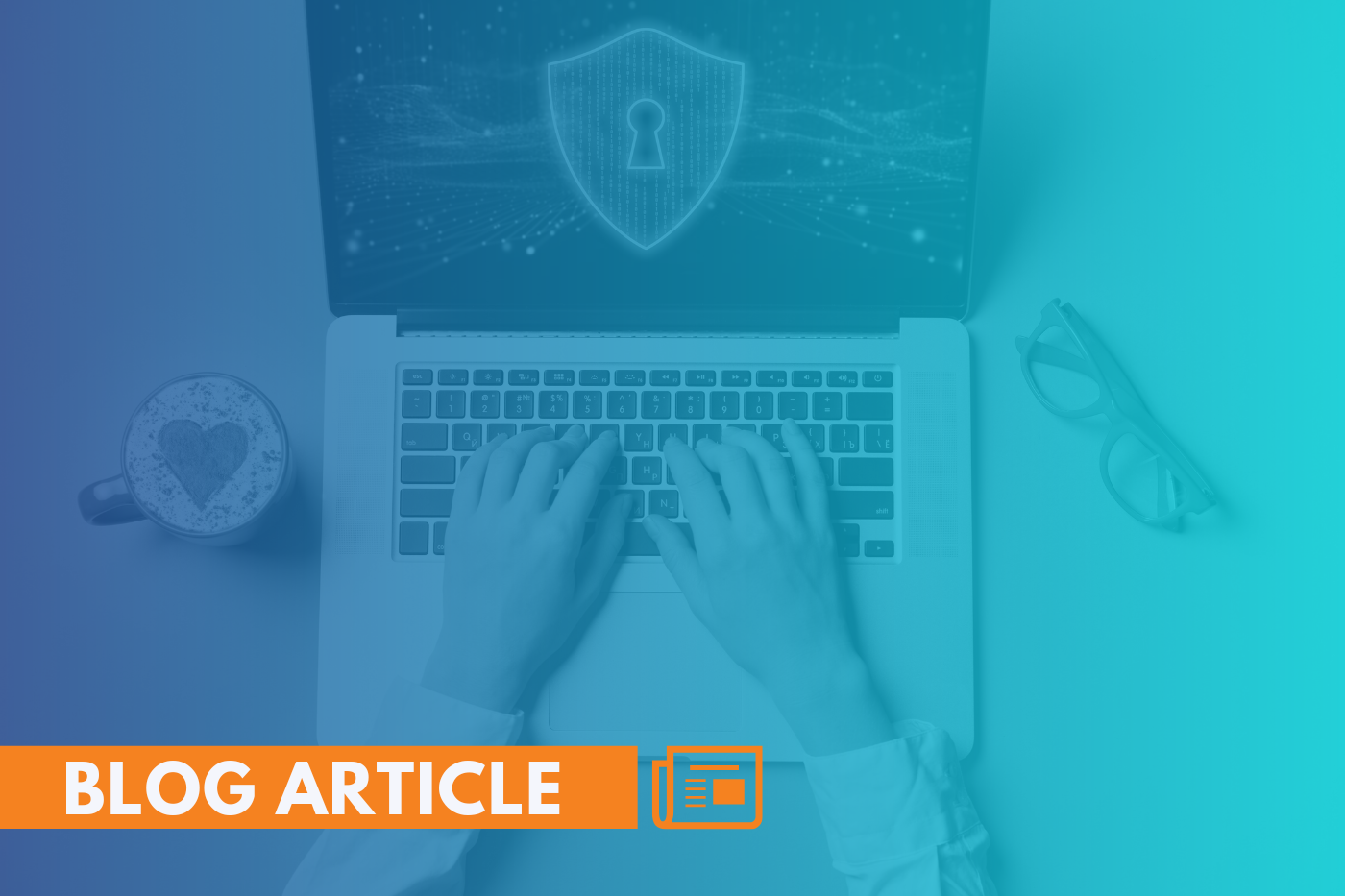

By Warren Finkel, IT strategy expert for financial services and wealth management customers
Family offices manage significant assets and highly sensitive information – but many still underestimate their exposure to cyber risk. Whether stewarding tens of millions or billions, the reality is the same: family offices hold concentrated wealth and confidential data that make them especially appealing to cybercriminals.
Despite this, too many offices operate with minimal IT infrastructure and assume a low profile is enough to stay safe. It isn’t. In fact, that assumption is one of the biggest risks.
In a recent conversation on The Mack Podcast, Warren Finkel discussed the most common misconceptions family offices have about cybersecurity and what modern protection really looks like. That discussion has been adapted into this FAQ guide.
A growing body of research makes the risk impossible to ignore. Surveys show that 70% of single-family offices now view cybersecurity as their top operational risk. Deloitte recently reported that nearly half of family offices worldwide – collectively managing more than $3 trillion – experienced a cyberattack in the past two years.
The problem is that many offices continue to operate with little more than basic IT tools. That might be enough for day-to-day tasks, but it falls far short of enterprise-level protection. Even a relatively small office still controls concentrated wealth, personal identifiers, banking details, investment strategies, and private communications – all of which are highly valuable on the black market.
Hackers don’t care about how many employees you have. They care about what you protect.
For most, the answer is clear: outsourcing.
Running a truly effective cybersecurity program requires 24×7 monitoring, a deep bench of technical expertise, and the ability to respond instantly to suspicious activity. Even large corporations struggle to maintain those capabilities in-house. For a family office – often operating with lean staff – building and maintaining that function internally is unrealistic.
Just as families outsource tax and audit functions to trusted advisors, they should take the same approach to cybersecurity. By doing so, they gain access to enterprise-level protections without diverting time and resources away from their true priorities: preserving wealth, supporting operations, and investing wisely.
The marketplace has become crowded and confusing. Almost every bank, consultancy, and accounting firm now claims to provide “cybersecurity services.” The key is understanding what’s being offered:
Both steps are important – but it’s critical not to confuse one for the other. A risk assessment without implementation is like diagnosing a heart condition but never treating it. The exposure remains.
Across offices of all sizes, many of the same red flags appear time and again:
What makes these vulnerabilities especially frustrating is that some fixes are simple and inexpensive. A security control like MFA can be deployed quickly and at minimal cost. Compare that to the fallout of a breach: weeks of disruption, regulatory scrutiny, outside attorneys, insurance negotiations, and public relations headaches. Prevention is almost always cheaper – and always less painful – than remediation.
These aren’t just IT oversights. Each gap represents an open door for attackers, with the potential to cause reputational damage, financial disruption, and long-term consequences for a family’s legacy.
Technology alone cannot solve the problem. Human error remains the single biggest vulnerability.
Phishing emails, social engineering calls, and increasingly, AI-powered scams are all designed to trick staff and family members into clicking, sharing, or authorizing something they shouldn’t. That’s why continuous training is so important.
The most successful programs combine awareness training with regular phishing simulations to build muscle memory. Hackers are evolving constantly, and so must the defenses of those they target.
This remains one of the most dangerous myths in the family office community.
In today’s environment, there is no such thing as “under the radar.” Social media posts, digital footprints, and even casual online interactions create exposure. A teenager’s Instagram vacation photos, a LinkedIn update about a promotion, or even a spouse’s appearance in a charity gala article – these all provide breadcrumbs attackers can follow.
Hackers don’t target only headline names – they just need an opening.
Effective security for a family office should include:
This is not overkill. In today’s landscape, these measures are simply the cost of doing business securely.
Yes – cyber insurance is becoming a necessary pillar of risk management. Policies can help offset the costs of breach response, forensics, legal fees, and recovery.
But here’s the reality: insurance is the safety net, not the first line of defense. Premiums are rising, underwriters are demanding stronger controls before issuing policies, and even the best coverage can’t undo reputational damage. The economics are clear – investing in prevention delivers far greater value than relying on a payout after an incident.
The first step is always a cyber risk assessment. Many families already work with banks or accounting firms that can provide one. The key is what comes next: engaging a specialized partner to close the gaps and manage protections on an ongoing basis.
Anything connected to the internet is vulnerable – phones, laptops, even the Wi-Fi at Starbucks. That’s why proactive protection is essential and why waiting until after a breach is no longer an option.
Threats are growing more sophisticated, but so are defenses. Tools that once cost thousands – like MFA – are now seamless and available for as little as $5 per user per month. At the same time, awareness among families has never been higher. Many are attending conferences, pushing their advisors for solutions, and taking cybersecurity seriously for the first time.
That shift in mindset – from if to when – is one of the most important developments. And it’s a reason for optimism.
Cyber risk isn’t going away – but neither is the ability to stay ahead of it. For family offices, cybersecurity isn’t just about defense; it’s about protecting continuity, reputation, and legacy.
At Omega Systems, we specialize in helping family offices move from awareness to action, strengthening cyber posture through assessments, implementation, and 24×7 monitoring. Prevention may be the least expensive investment you’ll ever make – and the one with the greatest return.
If your office is ready to turn cyber risk into cyber resilience, let’s start the conversation.

 ABOUT THE AUTHOR
ABOUT THE AUTHORWarren Finkel, Managing Director of Omega’s Northeast region, brings decades of experience in IT strategy and tailored solutions for customers in family offices, RIAs, hedge funds, and other financial services sectors. Read Warren Finkel’s full executive profile here.
Connect with Warren on LinkedIn.